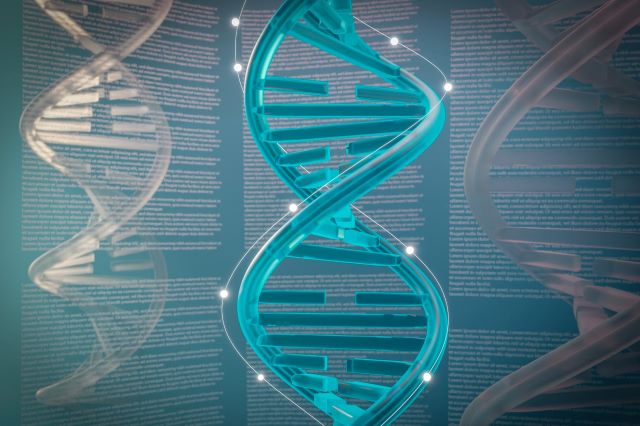Microbiome: The Invisible Ecosystem Within and Around Us

Microbiome refers to the collection of microorganisms that inhabit not only the gut, but also the skin, respiratory tract, mucous membranes, urogenital system, and even the surrounding environment. The human body contains more microbial cells than human cells: for every human cell, there are about 1.3 microbial cells. The total mass of the microbiome is 1.5–2 kg, and its genes outnumber human genes by a factor of 150.

